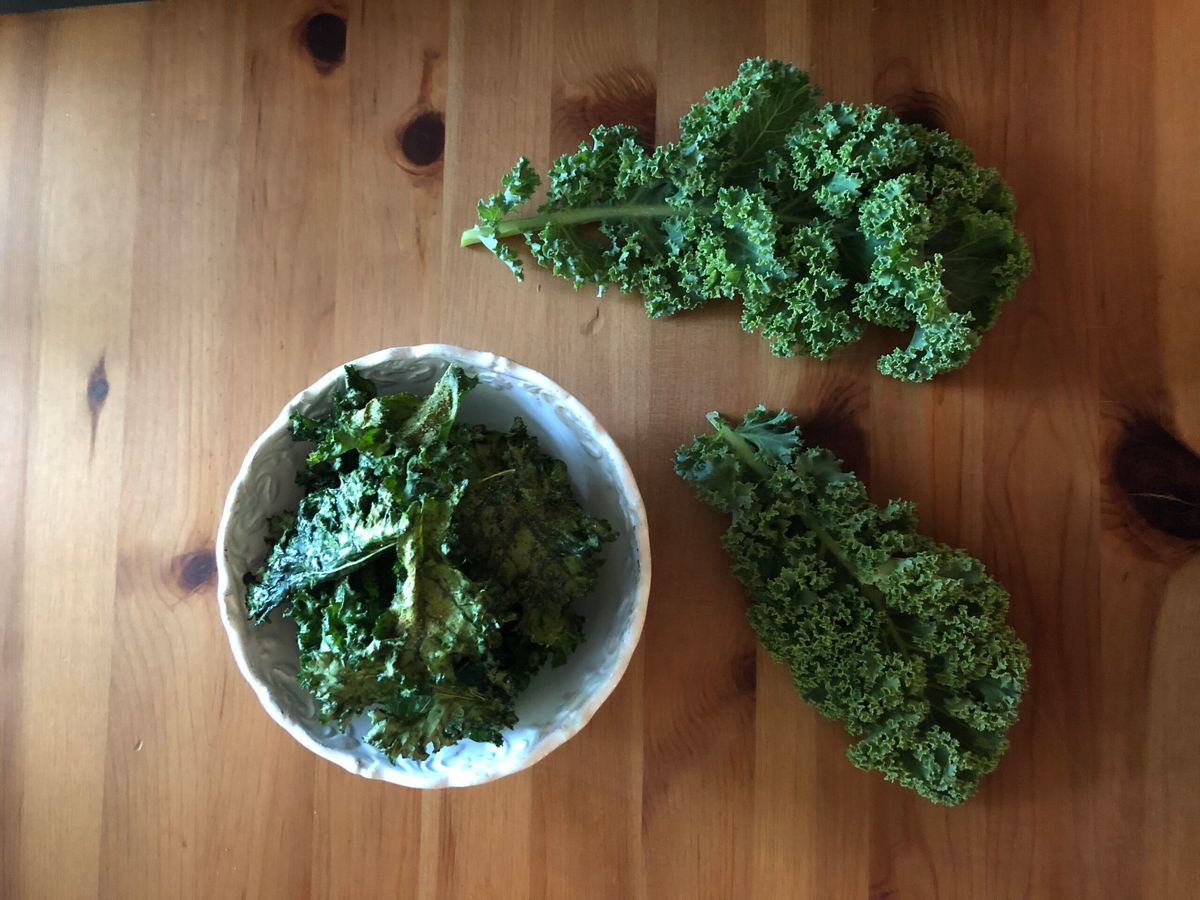CBD Promoters Cautioned by FDA

CBD, or cannabidiol, has become the latest cure-all to fly off retailers’ shelves and websites. Its promoters claim all kinds of enviable health benefits but public health agencies caution that it’s not so simple.
In the latest attempt to tamp down untoward enthusiasm, the U.S. Food and Drug Administration last week issued five warning letters to companies that it said were violating federal law by selling unapproved CBD products and claiming they could treat medical conditions.
CBD occurs naturally in cannabis plants, minus tetrahydrocannabinol (THC), the intoxicating chemical also found in cannabis. Although CBD is being widely sold in everything from snacks to skincare products, scientists say its supposed health benefits are unsubstantiated.
In its enforcement letters, the FDA said the products were worrisome because of the route of administration, including nasal, ophthalmic and inhalation. In addition, the agency said the companies were marketing CBD products as dietary supplements.
Two of the letters also address CBD products that the FDA said were illegally marketed for pets, including a product for use in the eye.
Companies receiving the letters were:
- Bee Delightful
- G&L Wellness (C Better Daily)
- New Leaf Pharmaceuticals
- NextL3vel Services Group, LLC doing business as This Stuff Is Good For You
- Wellness BioSciences
“The FDA’s first priority is to protect the health and safety of Americans. Many questions remain regarding the science, safety, effectiveness and quality of products containing CBD,” said FDA Principal Deputy Commissioner Amy Abernethy, M.D., Ph.D. “We remain focused on exploring potential pathways for CBD products to be lawfully marketed while also educating the public about these outstanding questions of CBD’s safety. Meanwhile, we will continue to monitor and take action, as needed, against companies that unlawfully market their products — prioritizing those that pose the greatest risk of harm to the public.”
The products that are the subject of the latest enforcement letters have not gone through the FDA drug approval process and therefore are considered unapproved new drugs. It is not known whether they are effective for the uses claimed in labeling, what an appropriate dose might be, how they could interact with FDA-approved drugs or other products or whether they have dangerous side effects or other safety concerns.
In addition, the manufacturing process of these unapproved CBD-containing drug products has not been subject to FDA review as part of the human or animal drug approval processes, so it is not known what the manufacturing conditions of, or contaminant levels in these products may be.
The FDA has not approved any CBD products other than one prescription drug for the treatment of seizures associated with tuberous sclerosis complex (TSC), Lennox-Gastaut syndrome (LGS) and Dravet syndrome (DS) in human patients. CBD has not been approved as a food additive and does not meet the statutory definition of a dietary supplement.
